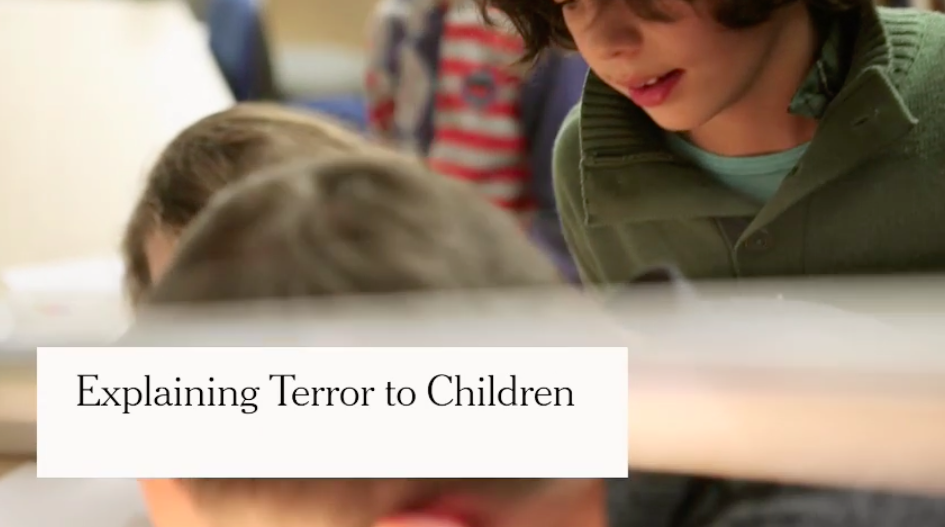Make new friends, but keep the old: A longitudinal study of first-generation students’ mentoring relationships during their transition to college
Hagler, M. A., Christensen, K. M., & Rhodes, J. E. (2021). A Longitudinal Investigation of First-Generation College Students’ Mentoring Relationships During Their Transition to Higher Education. Journal of College Student Retention: Research, Theory & Practice,
https://doi.org/10.1177/15210251211022741
Summarized by Ariel Ervin
Notes of Interest:
- Many factors, such as affordability and limited cultural capital, contribute to the barriers many first-generation students experience as they navigate college.
- Supportive relationships with a caring adult can be a protective factor for first-generation students and other underrepresented students.
- This study examines first-generation students’ mentoring networks as they transition to college.
- A majority of the participants said that they received continuous support from one or more long-lasting mentoring relationships.
- This significantly correlated with self-efficacy.
- Support from pre-college mentoring relationships retained across the first year was positively associated with self-efficacy to complete college-related tasks.
- Some students developed new relationships with university faculty and staff, which correlated with a stronger sense of community at college.
- Even though retained mentoring support, acquired mentoring support, and network orientation had a notable impact on students’ transition to college, these effects did not produce any significant effects on students’ persistence or GPA.
- Intimate, long-lasting mentoring relationships can have a positive and meaningful impact on mentees’ perceptions of themselves and their college success.
Introduction (Reprinted from the Abstract)
Non-parent mentoring relationships are important protective factors for first-generation college students. Previous research has focused on singular mentoring relationships measured at one time point, failing to capture the breadth and dynamic nature of social networks. The current study is a longitudinal investigation of first-generation students’ mentoring networks during their transition to college at a four-year, predominantly minority-serving commuter university. At the beginning and end of their first year, students (N = 176) responded to online surveys on their mentoring relationship(s), attitudes toward help-seeking, and college experiences. Cumulative support from pre-college mentoring relationships retained across the first year was positively associated with self-efficacy. Support from newly acquired mentoring relationships was positively associated with psychological sense of school membership. Network orientation was positively associated with self-efficacy and sense of school membership. These findings highlight the importance of diverse mentoring networks and demonstrate the utility of collecting longitudinal data on multiple mentoring relationships.
Implications (Reprinted from the Discussion)
The goals of the current study were (1) to examine the naturalistic trajectory of first-generation students’ mentoring network across their first year of college, and (2) to examine associations and pathways among baseline, acquired, and retained mentoring support, network orientation, as well as subjective and objective functional outcomes. This study improves upon several methodological limitations of previous research by allowing students to nominate up to six different mentors and collecting detailed data on each relationship at multiple time points. Several notable findings have important implications on research, practice, and policy.
Trajectory of Students’ Mentoring Networks and Relationships
Overall, the proportion of students with at least one mentoring relationship (approximately two-thirds) was similar at baseline and follow-up, which is also consistent with rates found in previous studies of underrepresented college students (Hurd et al., 2016; Raposa & Hurd, 2021; Sánchez et al., 2011). Examining the presence of multiple mentoring relationships revealed that the majority of students (at baseline and follow-up) who reported having at least one mentor reported having more than one. After forming one mentoring relationship, students may be more likely to form others, perhaps due to changes in one’s network orientation, help-seeking behaviors, and increasing social capital. This finding is consistent with previous studies of mentoring networks (Berardi et al., 2020; Hurd et al., 2016; Raposa & Hurd, 2021; Rios-Aguilar & Deil-Amen, 2012; Sánchez et al., 2011), reiterating the importance of using measures that capture the breadth and diversity of mentoring support.
The few previous studies that have tracked underrepresented college students’ mentoring relationships over time have found that the size of students’ mentoring networks tend to shrink during their first year (Hurd et al., 2016; Sánchez et al., 2011). In contrast, results from the current study showed that the average size of students’ mentoring networks were similar at baseline (M = 1.63) and the end of year follow-up (M = 1.50). The relative stability of mentoring network size in this study, and the divergence of this finding from previous studies, may be attributable to differences in university settings, despite using similar survey questions and operational definitions to identify mentors. The university in which the current study was set is a predominantly commuter university, and the majority of students originate from the same metropolitan area. In contrast, previous studies (e.g., Hurd et al., 2016; Sánchez et al., 2011) have been conducted in residential universities that are located a considerable distance away from most students’ communities of origin. Thus, many students in the current study may have had easier access to mentors from their extended families, high schools, and communities of origin, promoting the retention of these relationships during their first year.
To access this article, click here.










